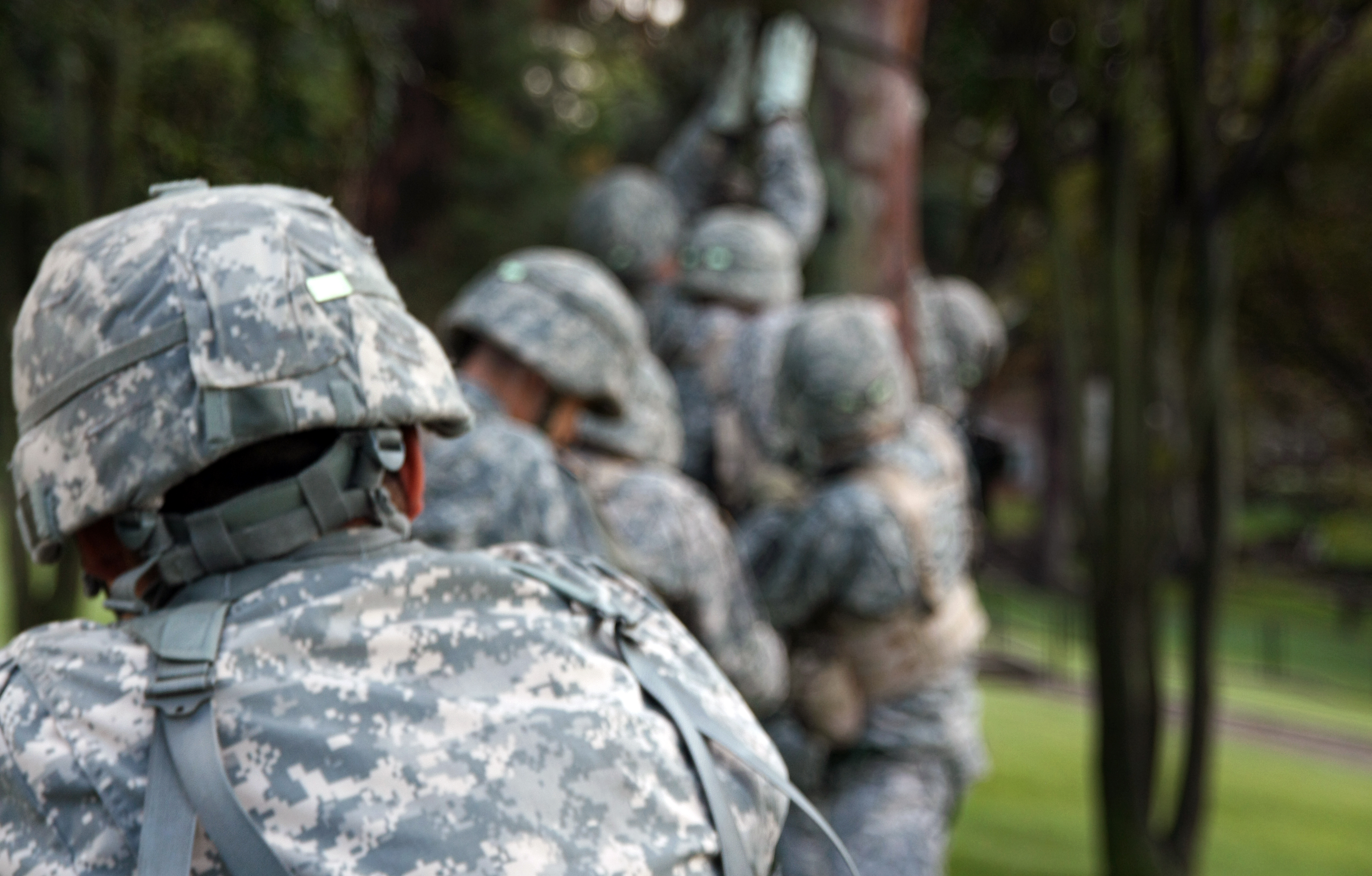Although students in UCLA’s ROTC program are required to comply with Don’t Ask, Don’t Tell, the recent repeal of the policy will not change cadet training in the university’s program, according to an officer in UCLA’s ROTC.
“From my perspective, it doesn’t change anything we do. We treat everybody with dignity and respect,” said UCLA professor of military science Lt. Col. Shawn Phelps. “I haven’t asked anybody about their sexual orientation, and I still don’t care. It is something personal.”
After nearly 17 years of Don’t Ask, Don’t Tell, President Barack Obama signed a law on Dec. 22 to repeal the policy that bans openly gay men and women from serving in the military.
The law came after a 65-31 vote in the Senate on Dec. 18, where eight Republicans joined Democrats in voting to repeal the policy that dates to President Bill Clinton’s administration.
The repeal comes after a study published by the Pentagon in December, which stated there would be little negative impact in allowing gays to serve openly in the armed forces. According to the report, 70 percent of service members said the impact of the repeal would be positive or of no consequence to the effectiveness of the military.
With the repeal, openly gay men and women will be able to serve in the armed forces. Since 1993, approximately 14,000 members of the military have been discharged for violating the policy.
Phelps said the only possible change to come out of the law will be more people may have the desire to join UCLA’s ROTC, which is a positive benefit to the program.
“I can walk downstairs and recruit at the (Lesbian, Gay, Bisexual, Transgender) Center ”“ that’s the only local thing (the repeal) changes,” he said.
Despite being signed, the repeal of the policy will not go into effect until it has been successfully implemented by the military.
The Office of the Under Secretary of Defense for Personnel and Readiness is currently planning for the repeal, which includes reviewing and revising policies, establishing education and training materials, and developing integrated communications plan, according to an e-mail statement from Eileen Lainez, Department of Defense spokeswoman.
Until the repeal is put into effect, ROTC is bound by the existing law of Don’t Ask, Don’t Tell, although Phelps said there would be no legal repercussions for cadets who come out before the repeal is implemented.
The law has opened up the possibility of ROTC returning to private schools, including Stanford University and Columbia University, which had previously banned the program largely because of its allowance of Don’t Ask, Don’t Tell.
It is still too premature to say the repeal of the policy will allow for the return of the program on Stanford’s campus, but it does remove a set of objections for bringing the program back, said Ewart Thomas, a Stanford psychology professor and chair of Stanford’s Faculty Senate’s ad hoc committee on ROTC.
Although no cadets in UCLA’s ROTC have come out since the repeal, Phelps said he would not be surprised if they did so.
“There have been gay people serving in the military for a long time,” Phelps said. “They have served honorably and they will continue to serve honorably.”
